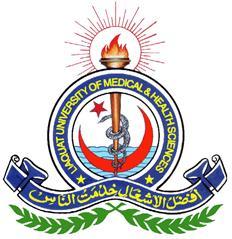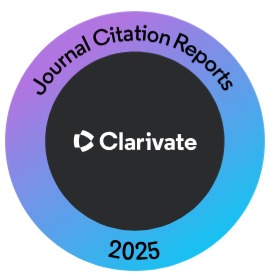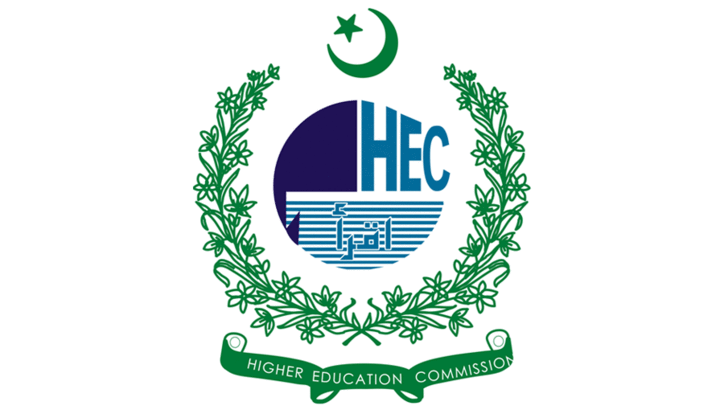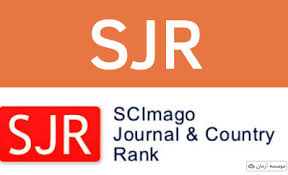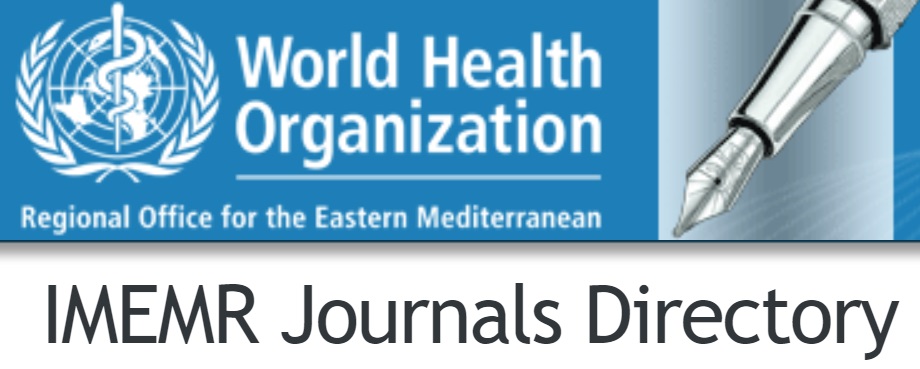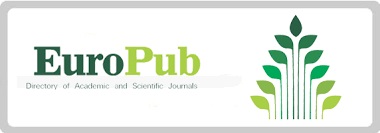Addressing the Issue of the Decline in Nurses in Pakistan
Abstract
The shortage of nurses is a global issue harming the international healthcare system. According to the WHO, Health care nurses deficiency is assessed to be 7 million and is anticipated to reach 12.9 million by 20351. Around 57 countries in the mainstream continent of Africa, and Asia, were facing severe healthcare worker crises2. Thus policies should be made to cover this ratio of shortfall in Pakistan.
Concerns are articulated by the authors about the shortage in nursing, nursing downsizings, decreasing student admissions, faculty leavings, the ageing workforce, and worldwide hiring. Some of the reasons for these concerns are Poor management and infrastructure of the hospitals, low wages, lack of recognition of the values of nursing as a profession, scarce resources in education and clinical settings, medical dominance, and limited opportunities for career advancement, these all factors contribute to powerlessness and harassment among nurses, working in Pakistan. Thus, these are considered the main reasons for the migration of nurses to our country. In Pakistan, the management has paid little attention to developing an approach for nursing personnel. Thus, the passage of Pakistani-educated nurses overseas has an undesirable effect and has already damaged our healthcare system.
References
Shamsi A, Peyravi H. Nursing shortage, a different challenge in Iran: A systematic review. Med J Islam Repub Iran. 2020; 34: 8. doi: 10.34171/mjiri.34.8.
Miseda MH, Were SO, Murianki CA, Mutuku MP, Mutwiwa SN. The implication of the shortage of health workforce specialist on universal health coverage in Kenya. Human Resources for Health. 2017; 15: 80. doi: 10.1186/s12960-017-0253-9.
Downloads
Published
How to Cite
Issue
Section
License
Copyright (c) 2023 Journal of Liaquat University of Medical & Health Sciences

This work is licensed under a Creative Commons Attribution-NonCommercial-ShareAlike 4.0 International License.
Submission of a manuscript to the journal implies that all authors have read and agreed to the content of the undertaking form or the Terms and Conditions.
When an article is accepted for publication, the author(s) retain the copyright and are required to grant the publisher the right of first publication and other non-exclusive publishing rights to JLUMHS.
Articles published in the Journal of Liaquat University of Medical & health sciences are open access articles under a Creative Commons Attribution-Noncommercial - Share Alike 4.0 License. This license permits use, distribution and reproduction in any medium; provided the original work is properly cited and initial publication in this journal. This is in accordance with the BOAI definition of open access. In addition to that users are allowed to remix, tweak and build upon the work non-commercially as long as appropriate credit is given and the new creations are licensed under the identical terms. Or, in certain cases it can be stated that all articles and content there in are published under creative commons license unless stated otherwise.


